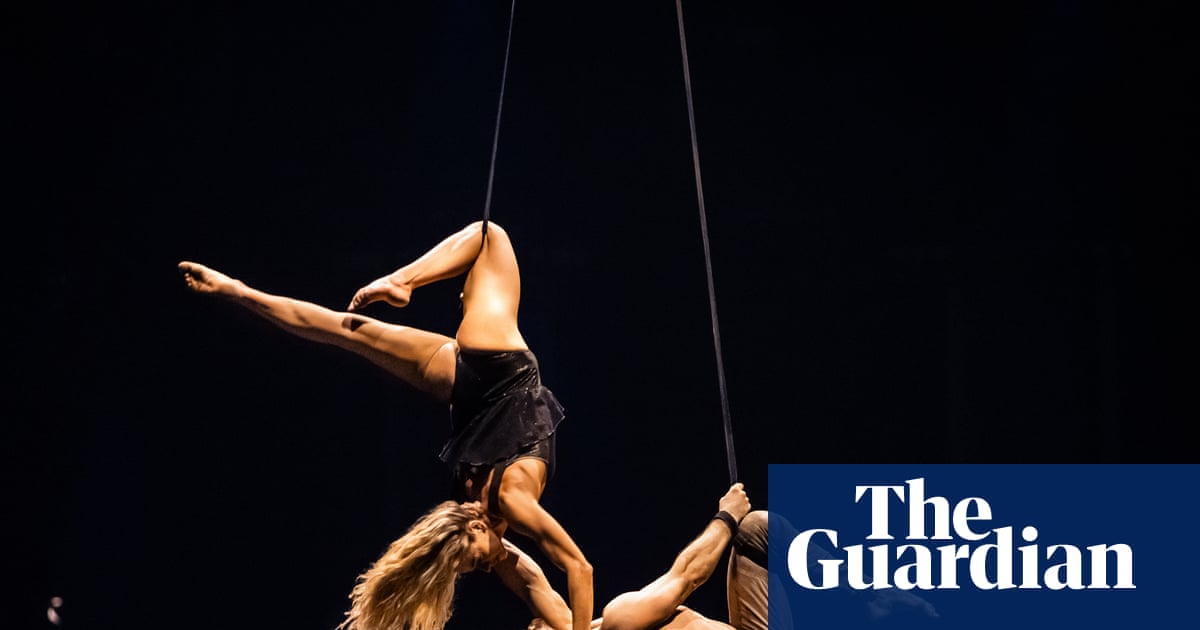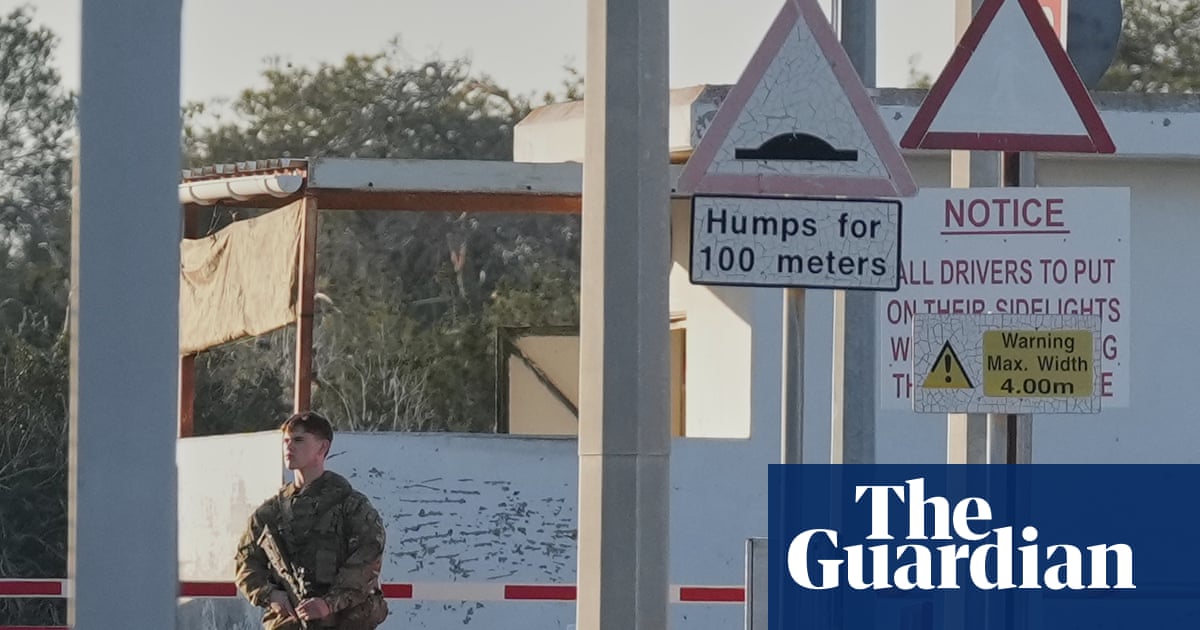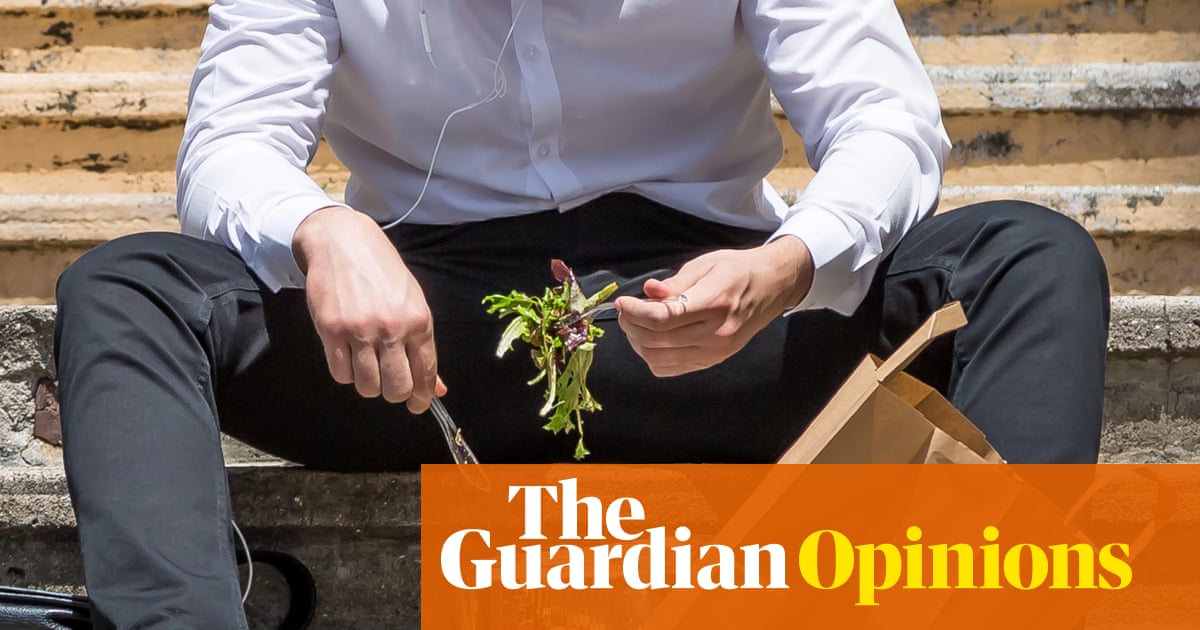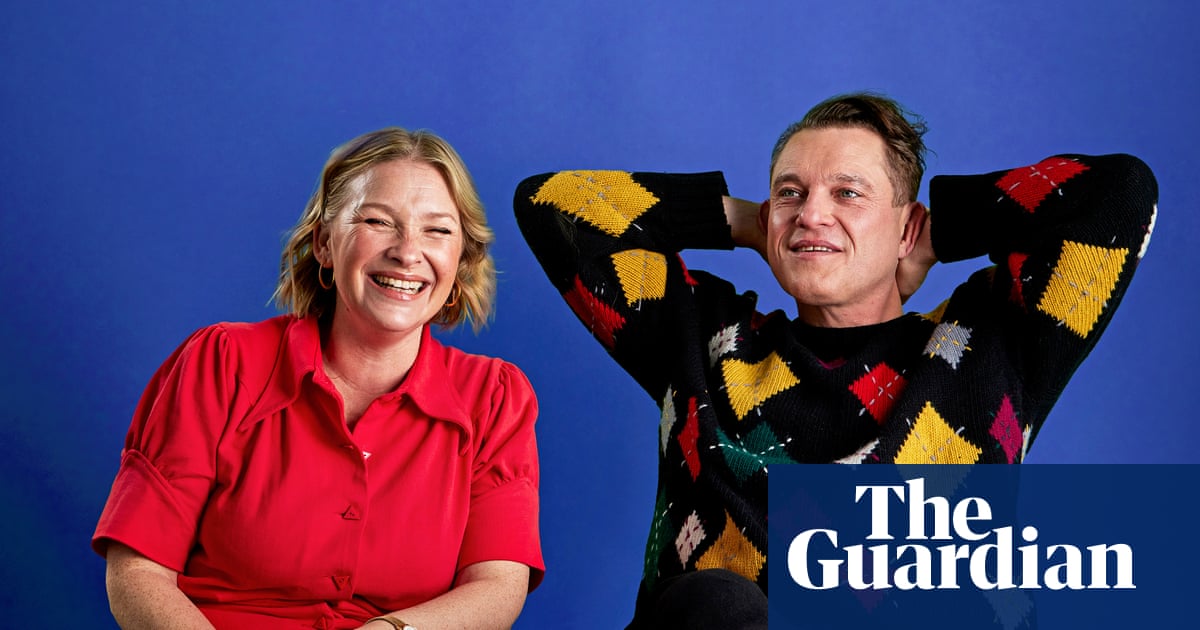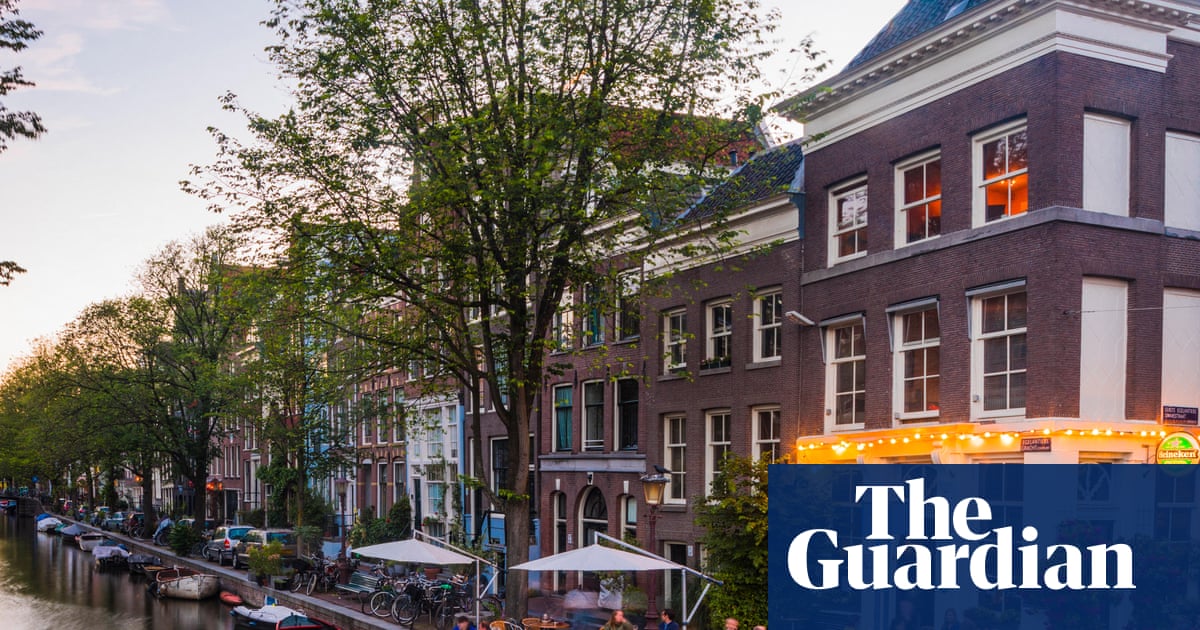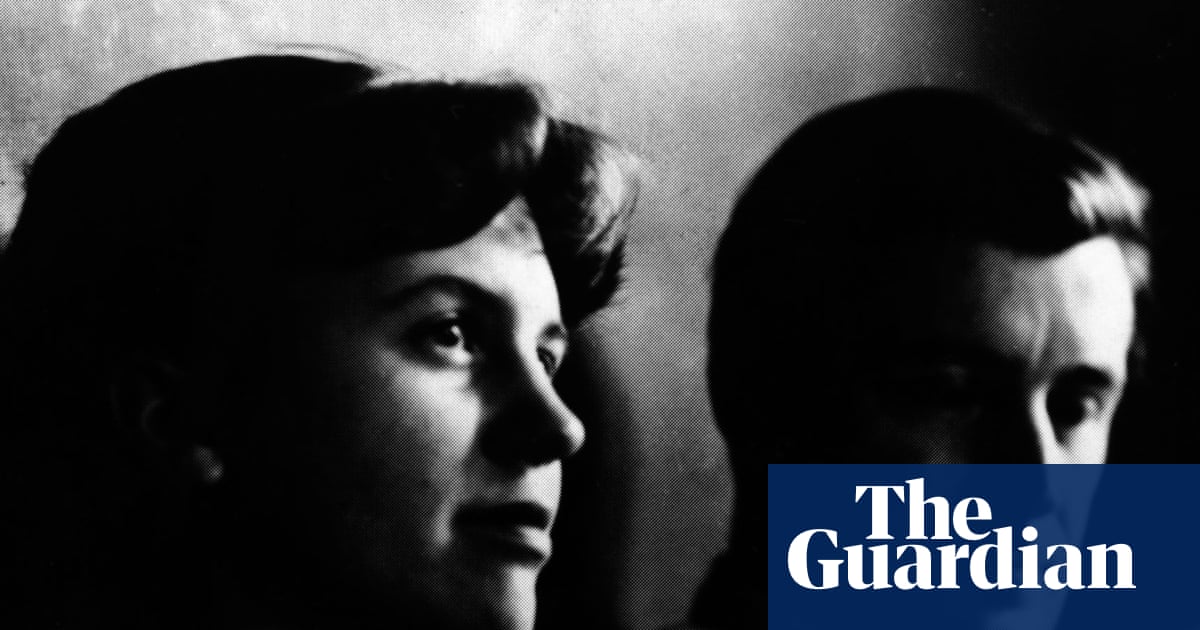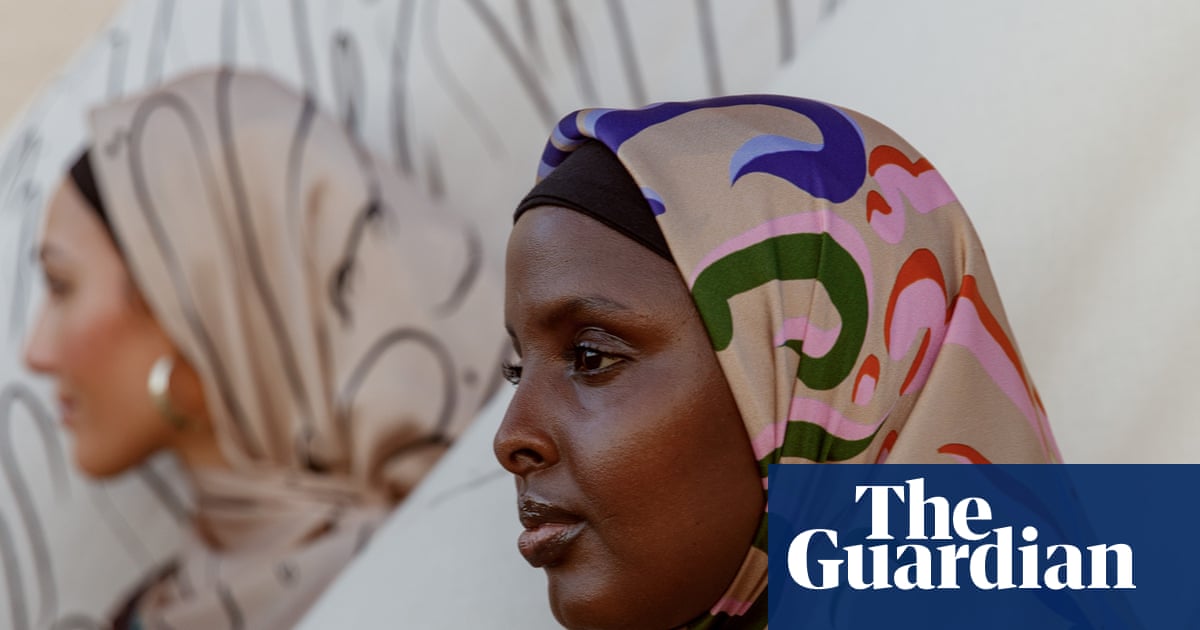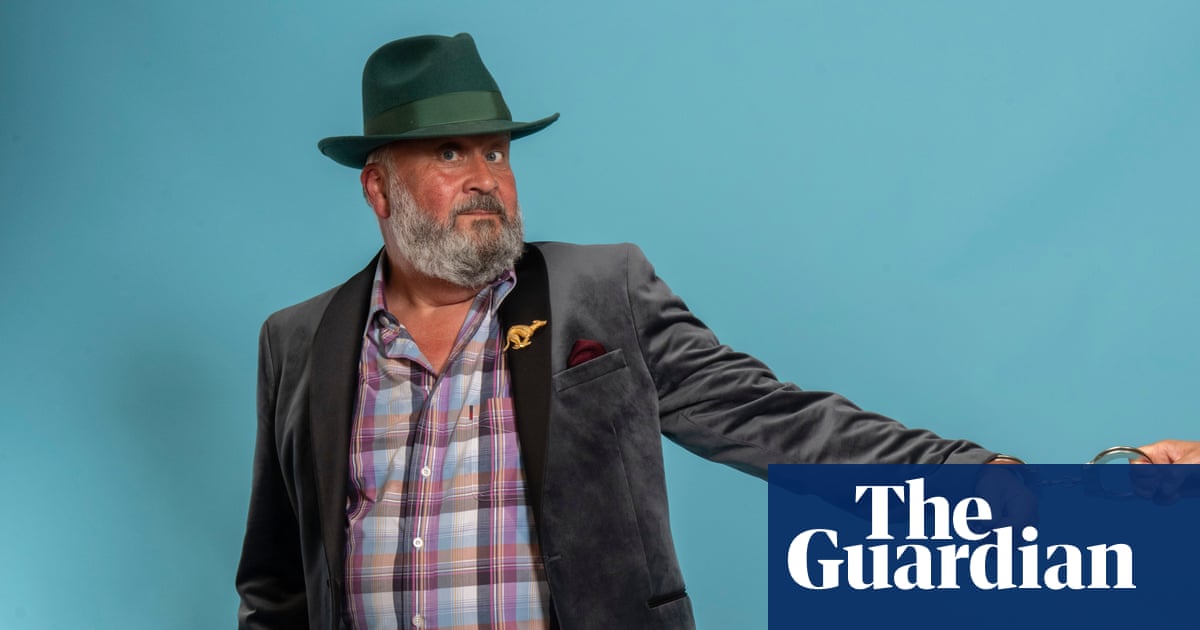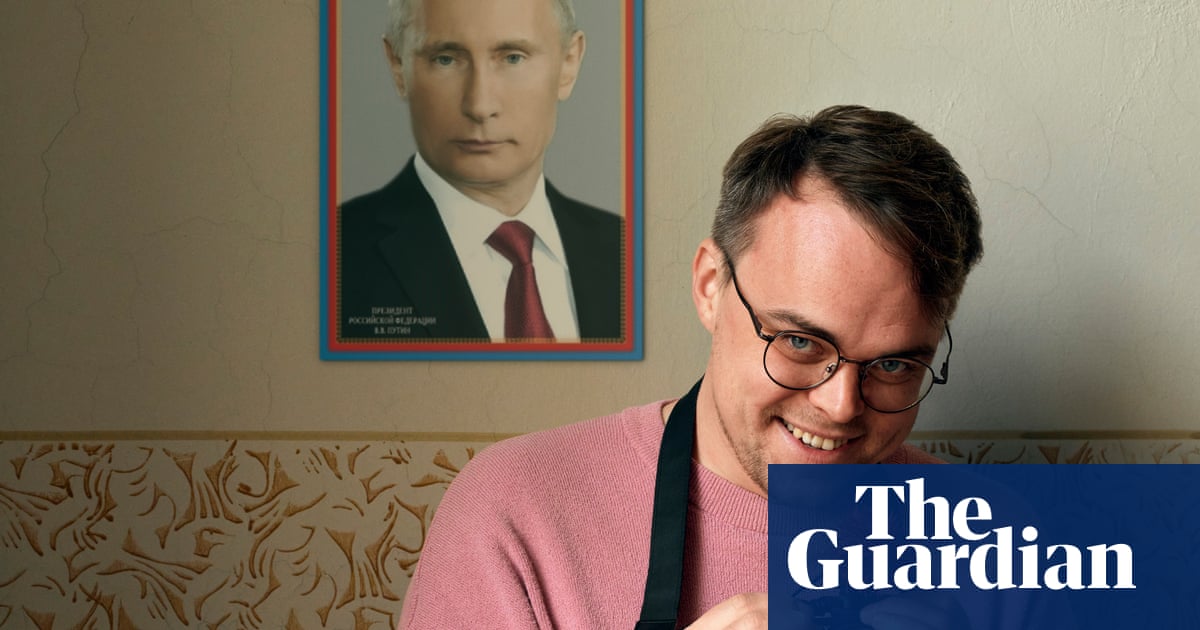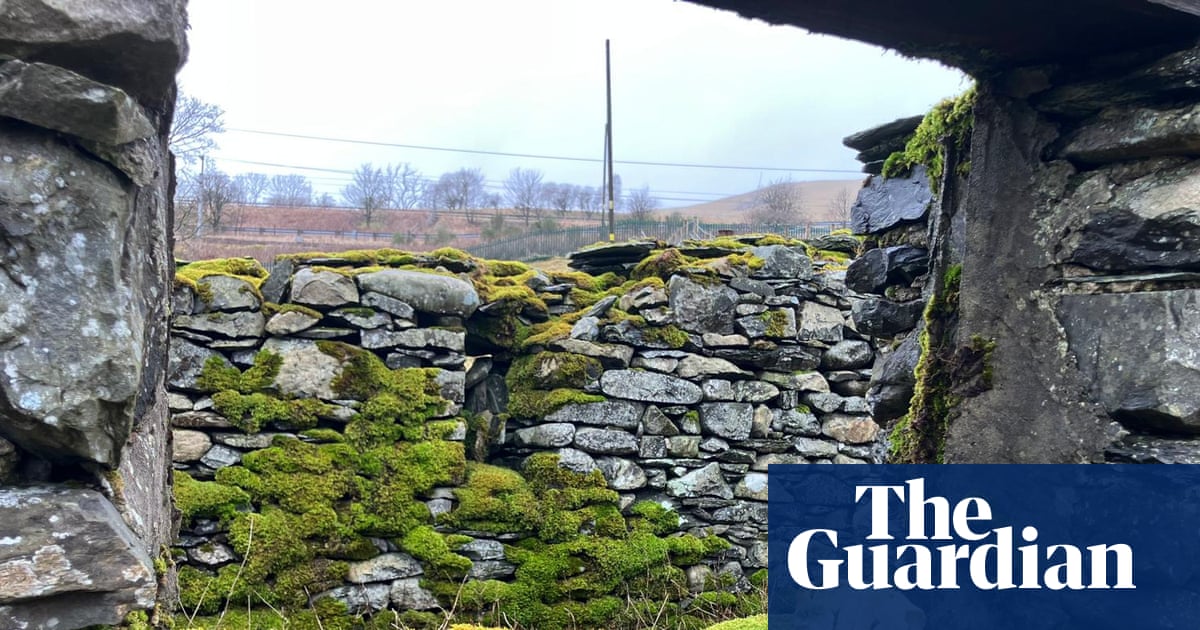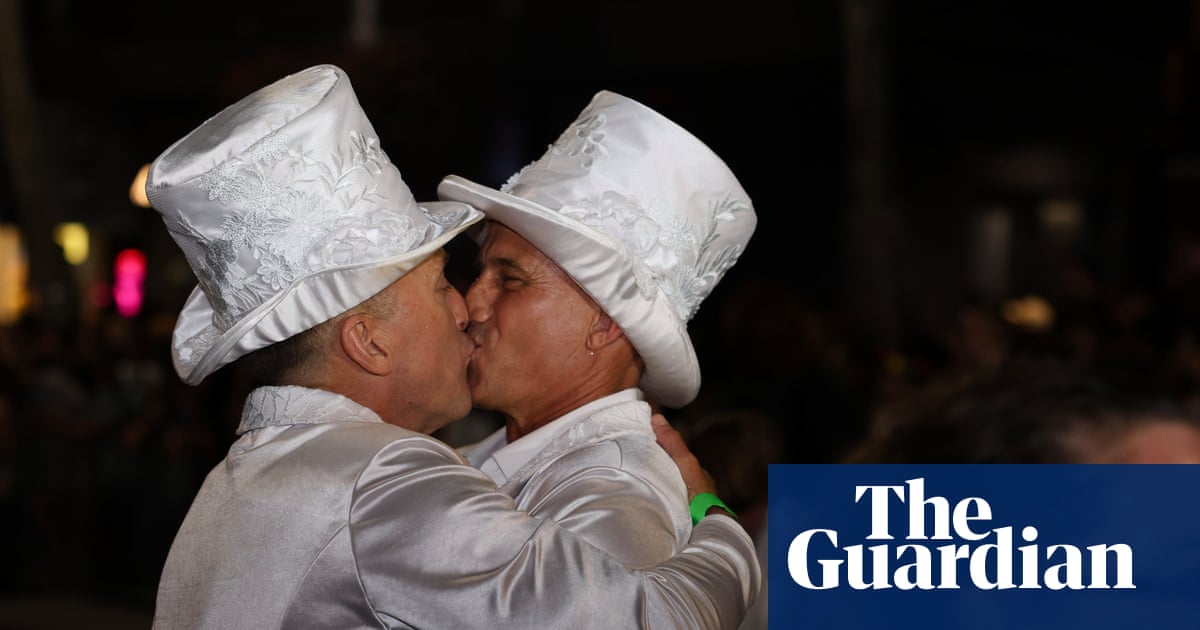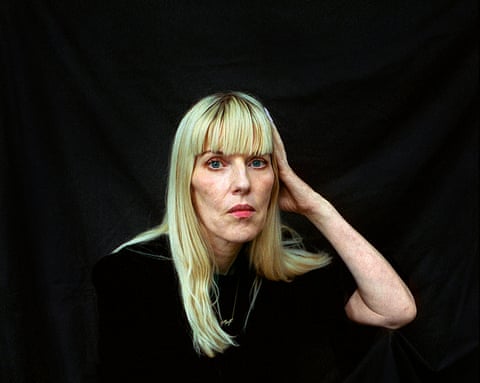
Edna O’Brien on her sofa, Joseph O’Connor in his garden, Seamus Heaney surrounded by books … British photographer Steve Pyke on capturing the greats of Irish literature
‘I’ve envisaged no major trajectory for myself’ … Wendy Erskine, Belfast, 2024.Tue 18 Nov 2025 08.00 CET

Gina Moxley, Dublin 2025
‘Books were a way out of the tedium of my teenage years and into a more interesting world where the people were wiser, funnier and more imaginative,’ says Steve Pyke. Here, he photographs Gina Moxley, who talked about her beginnings: ‘When 40 [Irish Countrywomen’s Association] women walked out of my first play in disgust, I thought, “Excellent, I’ve got work to do.”’Scribendi: Portraits of Irish Writers is available here. Steve Pyke will be in converstion on 3 December at the Irish Cultural Centre, London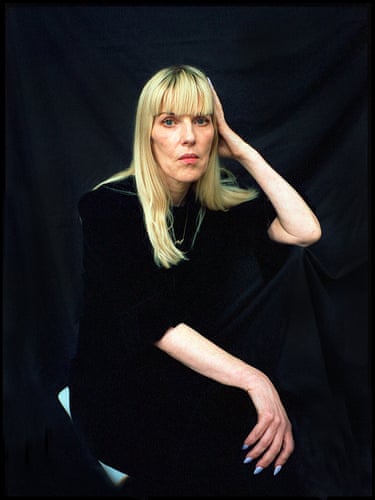
Wendy Erskine, Belfast 2024
‘I come from the English midlands, but I became a photographer in Ireland,’ says Pyke. ‘I made my first portraits in Dublin in the early 1980s. It was immediately apparent to me then how important Irish writers are to their country.’ Wendy Erskine says: ‘I’ve envisaged no major trajectory for myself. If I enjoy producing it and people enjoy reading it, then that is more or less enough’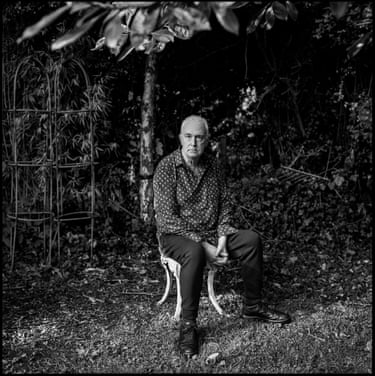
Joseph O’Connor, Dublin 2024
‘My feeling for these writers deepened as I read their work at home in New Orleans or on trains and planes and during long car journeys across Irish landscapes I’d long loved,’ says Pyke. Joseph O’Connor says of his career path: ‘Like most children, I liked writing stories. As a young teenager, I noticed everyone else had stopped’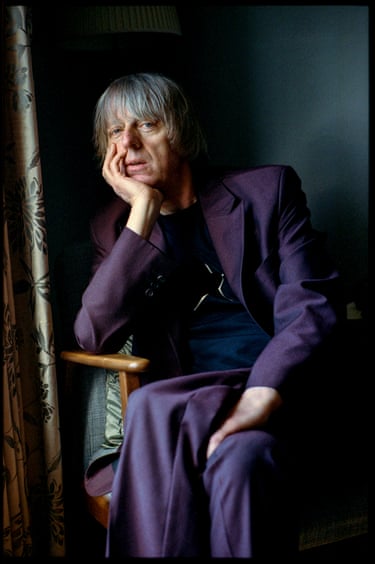
Glenn Patterson, Belfast 2024
‘When I was six or seven, I saw Yankee Doodle Dandy, with James Cagney as vaudeville star, playwright and lyricist George M Cohan,’ says Glenn Patterson. ‘I decided the next day I would be a songwriter. I was 55 before I wrote anything resembling a song: an aria for a Belfast opera’
Sinéad Gleeson, Dublin 2025
‘Every writer has to believe in what they’re writing,’ says Sinéad Gleeson. ‘If they don’t feel there’s something propulsive and urgent they need to say, it’s possible they’re in the wrong profession. A lot of my work has come from wanting to the know the answer to something. Curiosity is a great motivator’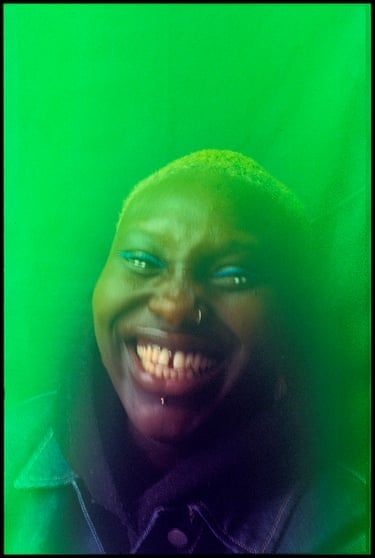
Felicia Olusanya, Dublin 2025
‘Writing was how I learned to see myself,’ says Felicia Olusanya. ‘If I hadn’t, I wouldn’t be alive today. It has taught me how to live’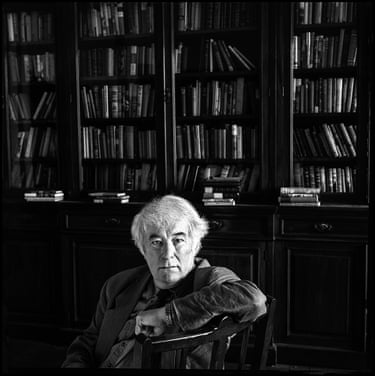
Seamus Heaney, London 1995
‘It was when I went to secondary school, I suppose, and began to get into English literature and poetry, that something came alive in me to the language, something wakened or was stirred, especially by poets like John Keats, Gerard Manley Hopkins, and so on,’ said Seamus Heaney. ‘In university, that conscious relish of language became stronger, but I was always shy of “poetry”. I didn’t quite know what it was. And I think it was right to be shy of it, because nobody knows quite what it is. I’m still not sure’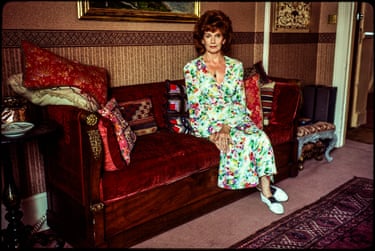
Edna O’Brien, London 1991
‘I think one is born a writer,’ Edna O’Brien once told RTE. ‘I know that circumstances alter the subject of one’s fiction but I think one is born. It’s there. Somehow living is incomplete until it is fastened, through words, into a piece of fiction or into a piece of grammar’
Lucy Caldwell, London 2025
‘We read How Many Miles to Babylon? in our English class when I was 13,’ says Lucy Caldwell. ‘Our homework was to write an extra chapter – I decided on a new ending. Yeats is quoted in the novel, so I borrowed his Collected Poems from the library and fell in love upon reading them. I spent every spare minute then on my writing: an intoxicating feeling, and still how it feels to me now – not of creating, but of tuning in to another world, until that world becomes more real than your own. I knew then that this was all I ever wanted to do’
Jan Carson, Belfast 2025
‘The first time I read a story aloud was in the Irish Writers Centre,’ says Jan Carson. ‘Being able to see and hear the listeners’ responses felt like a reassurance that I was on the right track. My only ambition is to continue writing for the rest of my life, and to become curiouser and curiouser’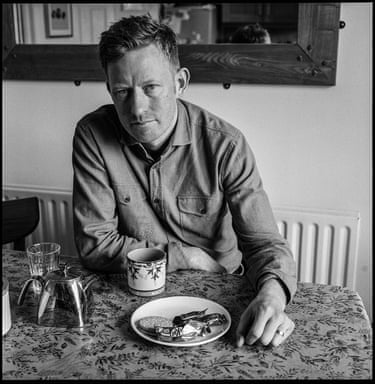
Colin Barrett, Dublin 2025
‘I always had private belief, based on very little,’ says Colin Barrett. ‘But in terms of writing I could show the world, there’s The Clancy Kid, a story from my first collection. Something changed in my writing with that. It no longer felt like merely an exercise, the rehearsal of techniques’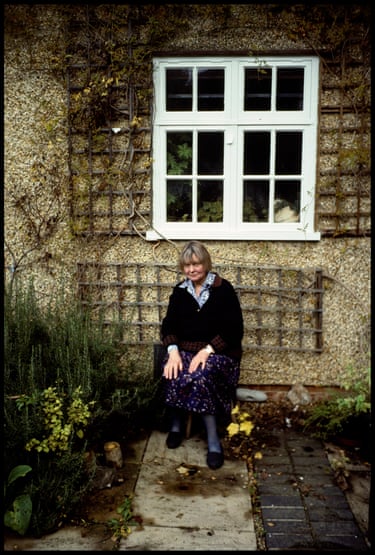
Iris Murdoch, Oxford 1990
‘I began to write when I was quite young,’ said Iris Murdoch. ‘I began because I was unhappy, and I think many writers begin because they’re unhappy. That’s a very common reason for writing’Explore more on these topics

.png) 3 months ago
61
3 months ago
61

